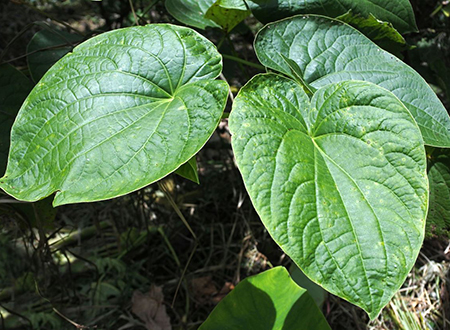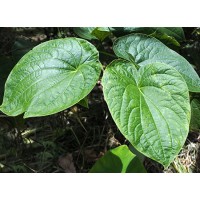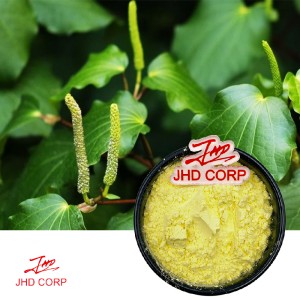Kava Extract and Ashwagandha Extract: Which one is better for reducing anxiety?
Both kava and ashwagandha offer unique benefits for managing anxiety. By understanding their mechanisms of action and potential risks, you can choose the option that best aligns with your personal health goals and lifestyle.
Anxiety is a common mental health concern affecting millions of people worldwide. Natural remedies, such as kava and ashwagandha extracts, have gained popularity for their potential to alleviate anxiety symptoms. But which one is more effective? Let’s take a closer look at these two herbal supplements to help you make an informed choice.
Kava Extract: A Calming Herb from the Pacific
Kava, derived from the roots of the *Piper methysticum* plant, has long been used in Pacific Island cultures for its calming and mood-enhancing effects. The active compounds in kava, known as kavalactones, are believed to interact with the brain's GABA receptors, which play a key role in regulating anxiety.
Benefits:
Research suggests that kava extract kavalactones may reduce symptoms of generalized anxiety disorder (GAD) and promote relaxation without impairing cognitive function. It is often favored for its fast-acting effects, making it a good option for acute anxiety episodes.
Risks:
Despite its benefits, kava has been associated with potential liver toxicity when used in high doses or over extended periods. It is essential to use high-quality kava products and consult a healthcare professional before use.

Ashwagandha Extract: An Ancient Adaptogen
Ashwagandha, an adaptogenic herb derived from the *Withania somnifera* plant, has been a cornerstone of Ayurvedic medicine for centuries. Unlike kava, ashwagandha works by modulating the body's stress response and balancing cortisol levels, making it particularly effective for chronic stress and anxiety.
Benefits:
Studies have shown that ashwagandha can significantly reduce stress and anxiety levels while improving sleep quality and overall well-being. Its adaptogenic properties make it suitable for long-term use, especially for those dealing with ongoing stress.
Risks:
Ashwagandha is generally well-tolerated, though mild side effects like digestive discomfort may occur in some individuals. It is not recommended for those with autoimmune conditions or pregnant women without medical supervision.
Which Is Better for Anxiety?
The choice between kava and ashwagandha depends on your specific needs. If you’re looking for immediate relief from acute anxiety symptoms, kava may be the better option due to its rapid calming effects. However, if your anxiety stems from chronic stress or you prefer a long-term solution, ashwagandha’s adaptogenic properties may be more beneficial.
It’s important to note that neither supplement is a substitute for professional medical treatment, especially for severe anxiety disorders. Always consult with a healthcare provider before starting any new supplement regimen to ensure safety and effectiveness.















